Three years ago, in March 2020 precisely, I took the conscious decision to rekindle my lost habit of reading books. Although I wouldn’t describe myself as an avid reader, when I was much younger I had read quite a few compared to my peers. My childhood and adolescence coincided with the ‘pre-ICT’ era, the late 90s and early 2000s. There were no phones or social media then, hence most of our leisure was taken up by non-tech activities such as reading, board games and card games.

Fortunately, my house at that time was a library of sorts. My Dad read a lot of books and bequeathed them to us (my siblings and I). So we grew up to meet cartons filled with Novels! As early as JSS1 or 2 I had started reading James Hadley Chase. By SS1 or 2 I had read all the Chase, Nick Cannon and Erle Stanley Gardener novels I could lay my hands on. As time progressed I moved to Jeffery Archer, John Grisham and later on Syndey Sheldon. I digress.
/https://tf-cmsv2-smithsonianmag-media.s3.amazonaws.com/filer/c2/19/c219ea2f-a154-46c0-93c0-dbb05d2cd6d9/8314929977_4d7e817d68_h.jpg)
Later on when I became an undergraduate, I lost that habit. Thanks (or no thanks) to medical school, mobile phones and social media. Fortunately I didn’t stop completely so it wasn’t very difficult to restart. In 2020 I realized that most of my free time was spent on my phone. So I decided to substitute this time for reading books. My target was to read 1 book each month. It sounded lofty at the time but it worked.
From March to the end of 2020 I read 7 books; There was a Country by Chinua Achebe, Trouble with Nigeria by Chinua Achebe, Sex at dawn by Christopher Ryan and Cacilda Jetha, The subtle art of not giving a F**k by Mark Manson, Fighting corruption is dangerous by Ngozi Okonjo Iweala, My transition hours by Goodluck Ebele Jonathan, and An image of Africa by Chinua Achebe.
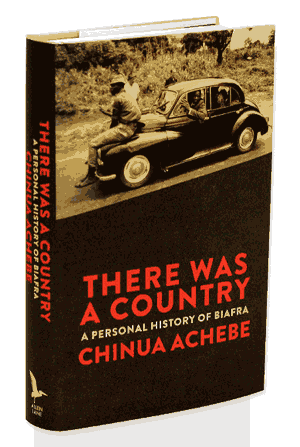
In 2021, I read 10; Things Fall Apart by Chinua Achebe, As a Man Thinketh by James Allen, The Education of a British protected child by Chinua Achebe, A man of the people by Chinua Achebe, 10 Arguments for deleting your Social Media accounts right now by Jaron Lanier, The science of self-discipline by Peter Hollins, The Mauritanian by Mohamedou Ould Slahi, No longer at ease by Chinua Achebe, The Looting Machine by Tom Burgis, and Stein on writing by Sol Stein (did not complete).

In 2022, I also read 10. Here is a summary of the books I read.
1. Why Nations Fail by Daron Acemoglu & James A. Robinson. This book, a report of 15 years of painstaking research by the authors, is regarded as the holy grail of political science and international development. It was recommended to me by a friend in 2014 but I only got about to reading it last year. As the name suggests, a comparative approach was used to dissect why some countries are developed, and others are not. It also discusses how some nations have been able to pull themselves out of poverty while others have failed woefully at this. It summarily concludes that the ability of a nation to become developed is a matter of choice which lies solely with its policy makers. It discusses what it calls ‘critical junctures’, that is, significant events in the history of a nation that alter its trajectory. What we do with those moments, determine the nation’s future.

2. The Narrow Gate (can’t recall the author). A short but very insightful book I read while at a retreat. The title of the book comes from Jesus’s admonition in the Bible that ‘narrow is the gate that leads to life and few find it’ (Matthew 7: 13-14). My main lesson from the book was that we are ultimately responsible for the choices we make in life, good or bad.
3. Spiritual Direction: Wisdom for the Long Walk of Faith by Henri Nouwen. Most of this book was written by 2 mentees of Henri Nouwen, a remarkable priest of the Catholic church. It touches on the important topic of spiritual direction, that is having a spiritual mentor who guides faithfuls on their spiritual journey on earth.

4. The Attention Merchants by Tim Wu. This well researched book chronicles the evolution of advertising and mass media from inception to the current era of social media. The author argues that our attention has been harvested without our consent by capitalist businessmen and now more than ever, we need to work harder and with a sense of urgency to reclaim it. The attention merchants he continues, have used every means at their disposal (legal and illegal) to maximize the time we spend with them. A quote from the book; ‘how often have you sat down with a plan to say, write an email or buy something online, only to find yourself hours later wondering what happened?’
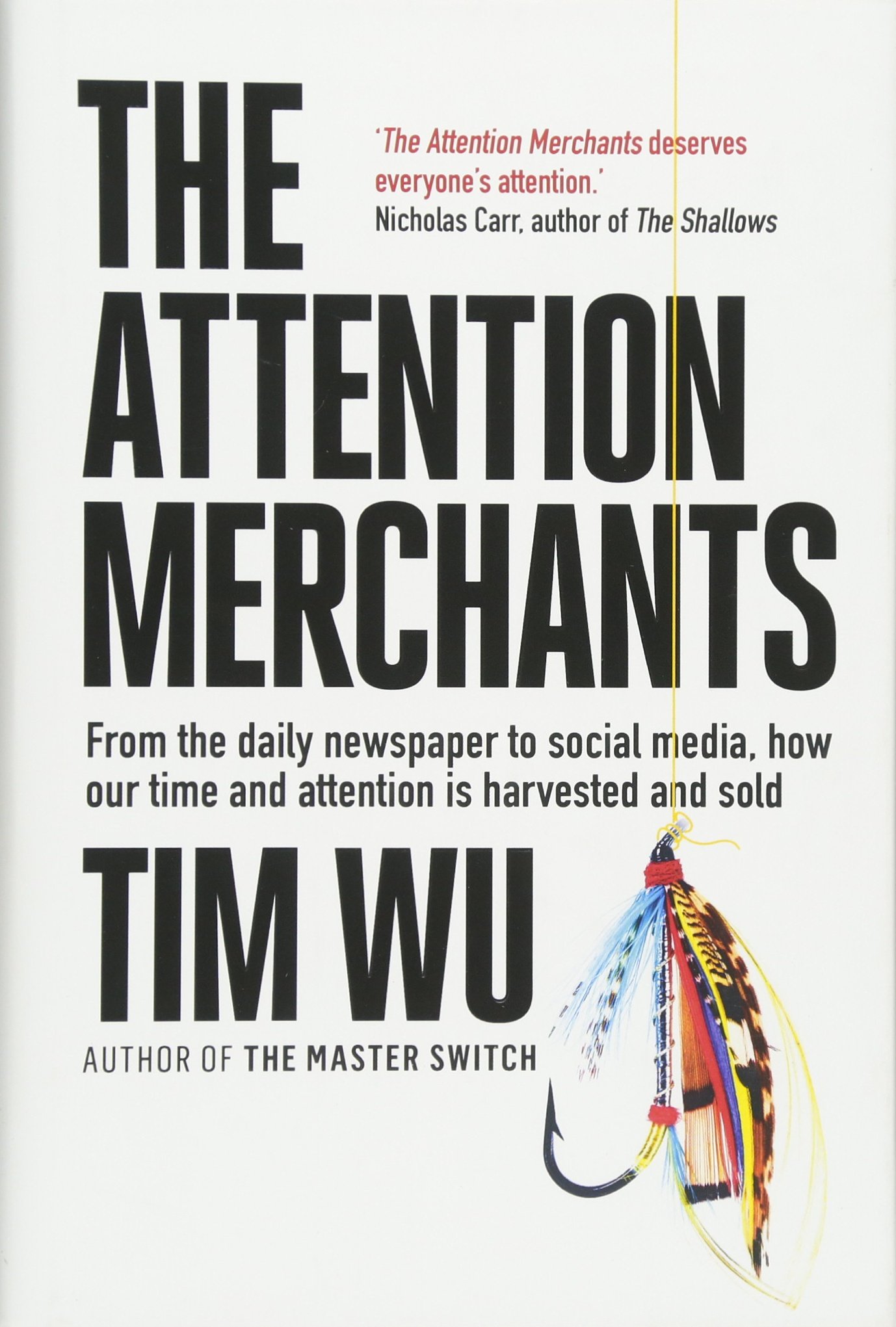
5. Power, Politics and Death: A front row account of Nigeria under the late President Yar’adua by Olusegun Adeniyi. This book was an enthralling exposition of the inner happenings at the center of Yar’adua’s government, written by no other person than the President’s spokesperson himself. It details how the late President Yar’adua struggled with his health from his first day in office and the power tussle that ensued at the peak of his ill health up to his death. My jaw dropping moment in the book was when he revealed how Yar’adua almost collapsed while inspecting a guard of honor in Benin republic, a long time before Nigerians even realized he was sick and unfit for office.

6. The Bottom Billion by Paul Collier. This made for one of the best readings of the year. A highly informative discourse on the prevailing economic situation in the poorest economies of the world (the bottom billion); why they are poor, what has kept them poor and what can be done urgently to rescue them.
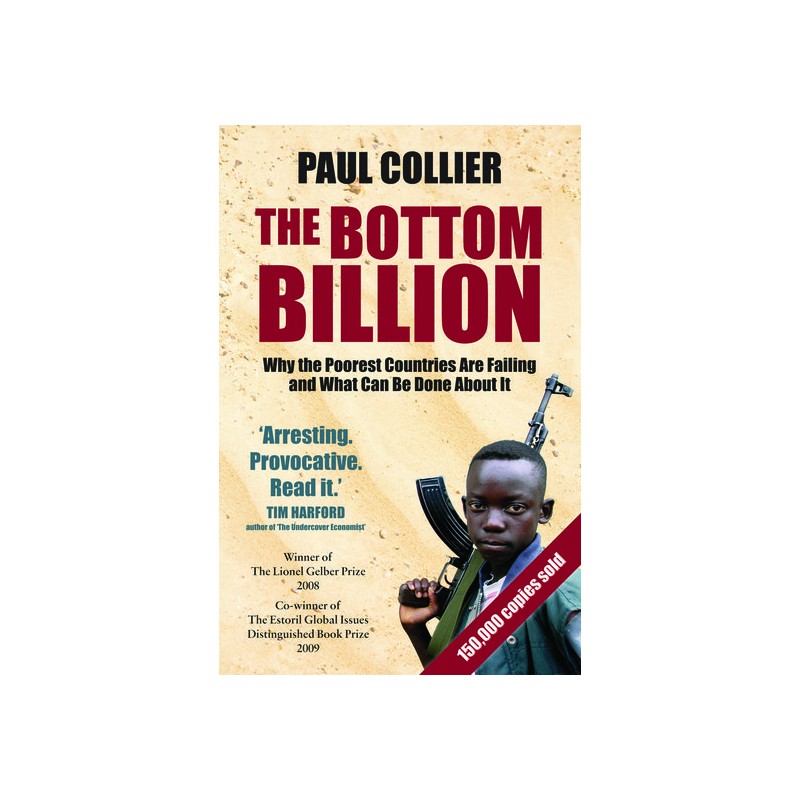
7. Aging Well by George Vaillant. This book was a report of the Havard Study of Adult Development written by a former director of the study, a professor of psychiatry. I’d written a piece earlier about this study; Community is everything: lessons from the Harvard Study of Adult Development, stating that in summary (according to the study), healthy relationships far more than any other factor, including wealth, power and fame, are the most important determinant for longevity.

8. What Britain Did to Nigeria by Max siollun. This book is a historical perspective into the ‘invasion’ of Nigeria by Britain, the subsequent conquest of Nigerian empires and the brutish colonial rule that followed Although heavily biased (as the title suggests), it was enlightening in many respects. For instance I learnt that Douglas road and Douglas house (the seat of govt) in Owerri, Imo state are both named after a vicious colonialist who terrorized the area at the time.

9. When Breath becomes air by Paul Kalanithi. This is the tragic story of a neurosurgery resident in the US who was unfortunately diagnosed with advanced lung cancer and eventually lost the battle to the disease. On his way to his convocation ceremony having completed his specialist training, he has a relapse and was rushed to the ICU for what would become his final journey out of the earth. What started as an innocuous back pain turned out to be cancer cells sitting in his spine.
10. Man’s search for meaning by Viktor E. Frankl. This classic was by far the most remarkable book I read last year, written by a survivor of the the holocaust. He tells the story of how they were reduced to the basest of primitiveness (some of them becoming carnivorous at a point) and the most important factor responsible for their survival; love.

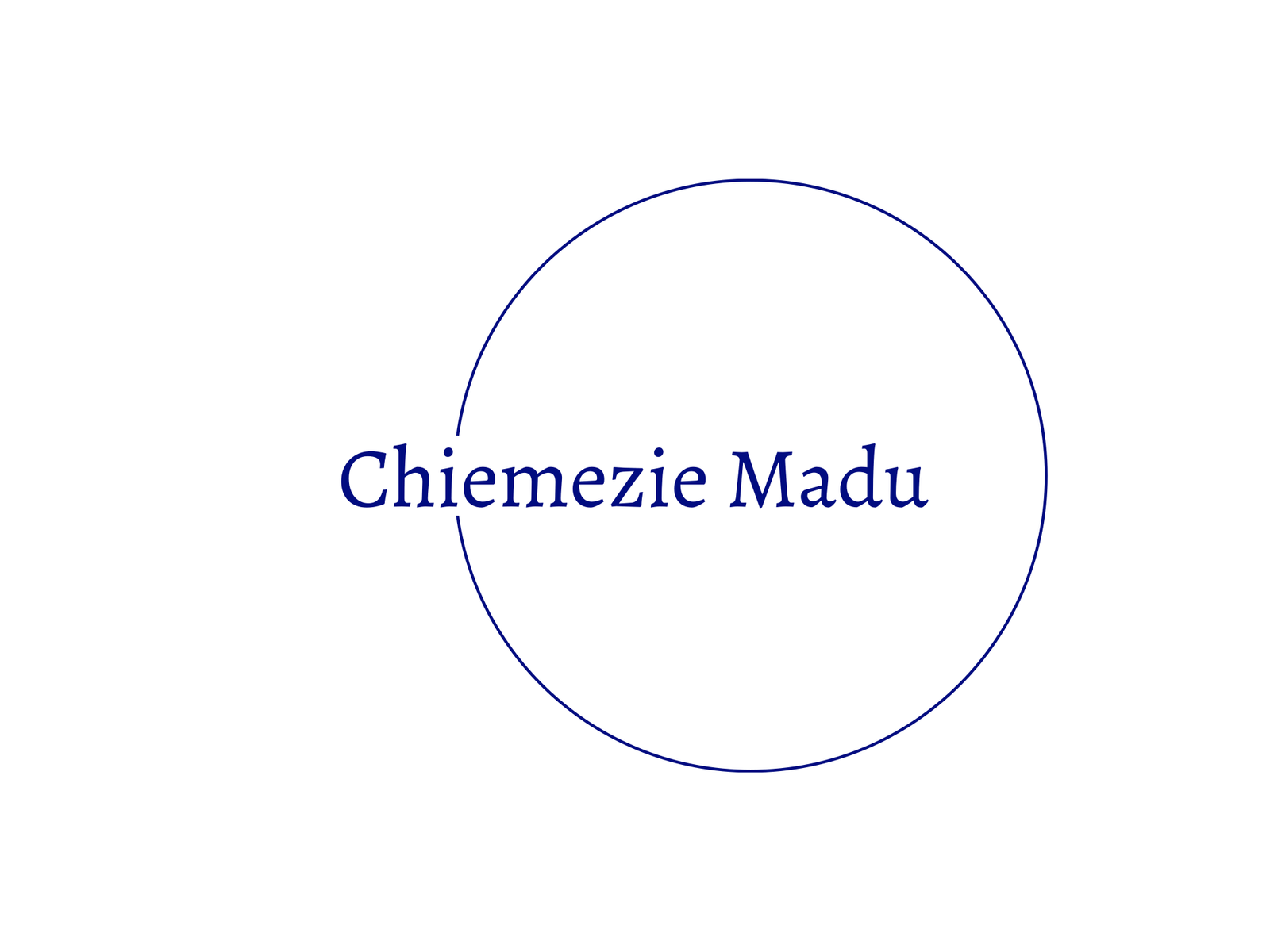
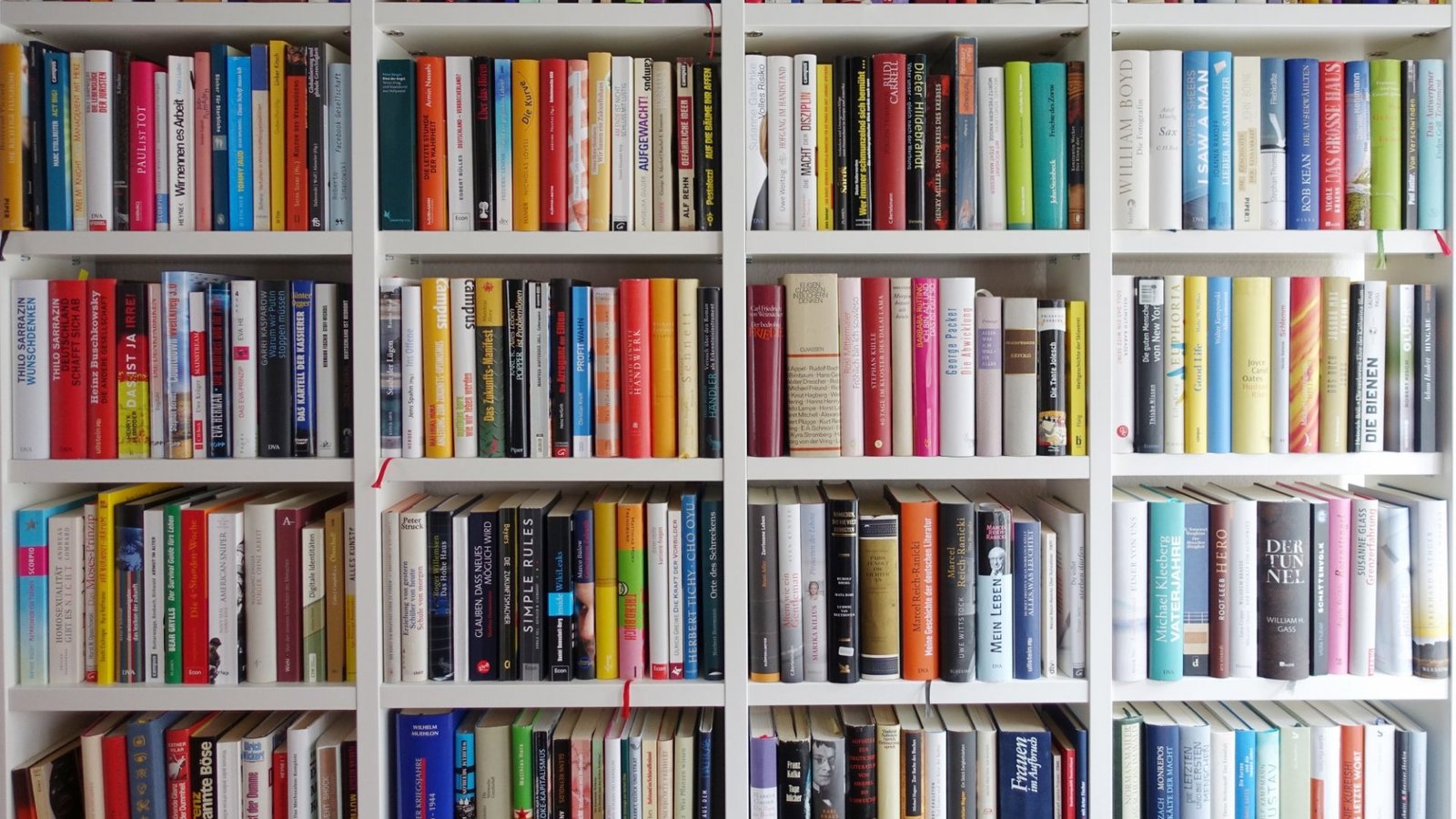
Interesting!
Motivator!
Looking forward to your 2023 book list.
Impressive boss! Where una dey see time biko?